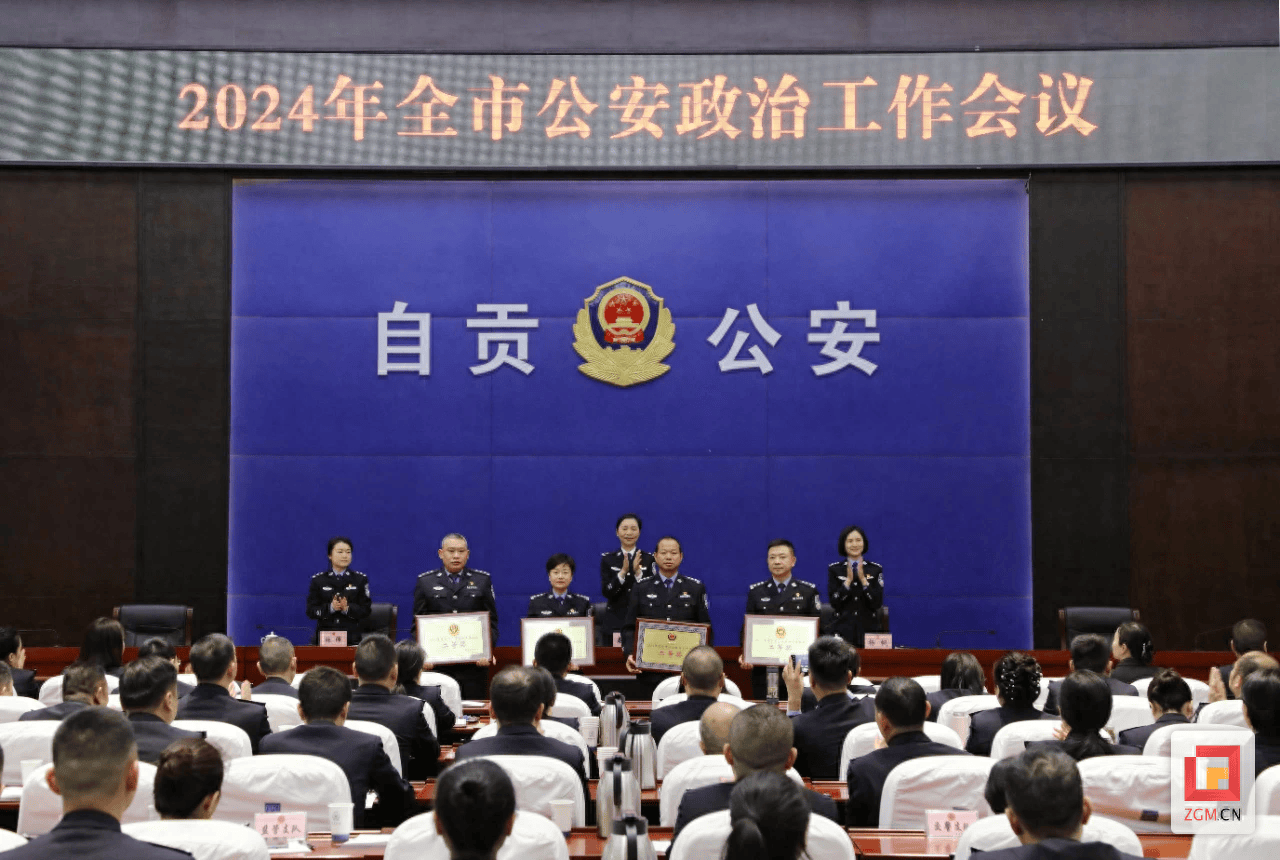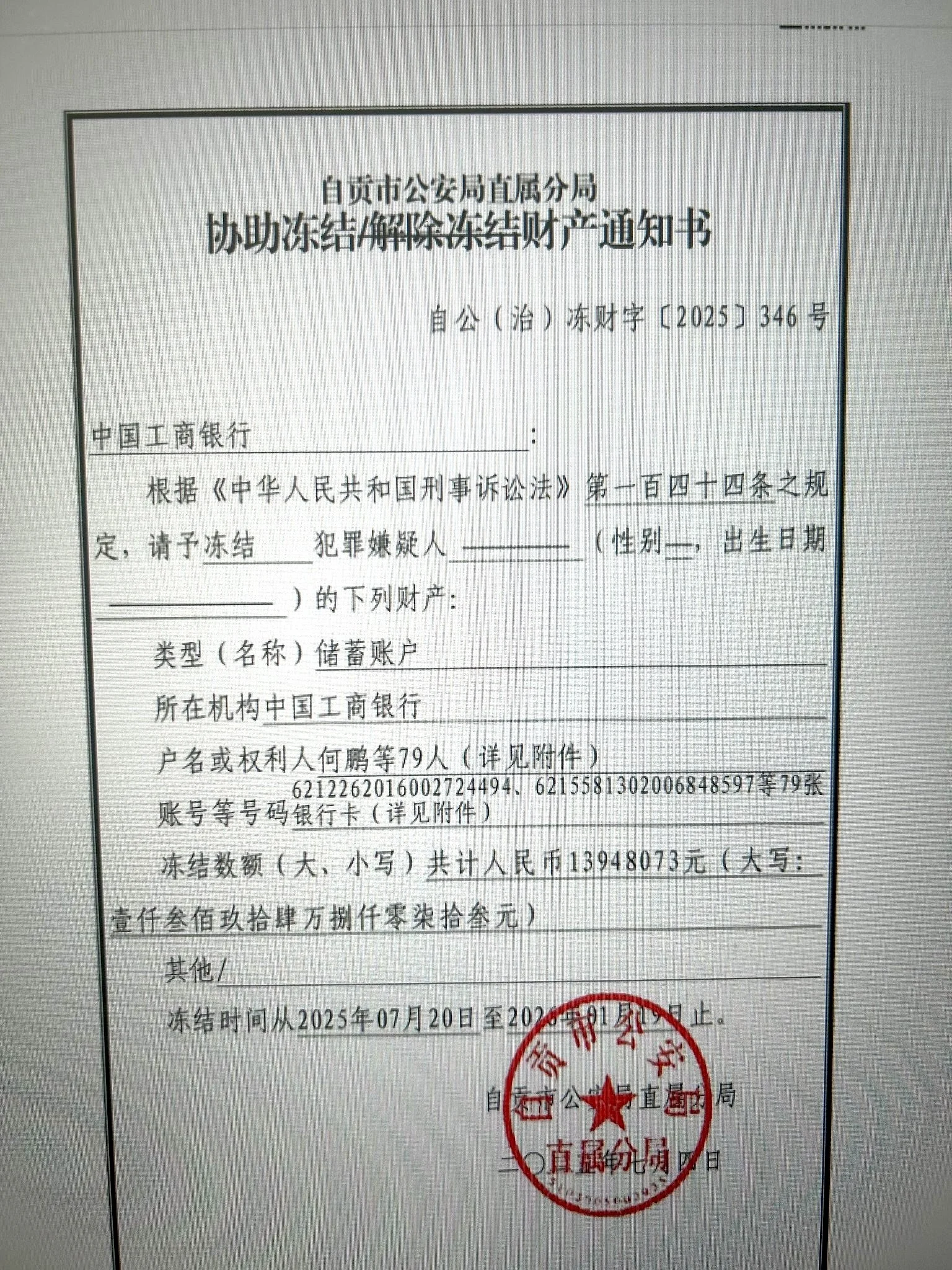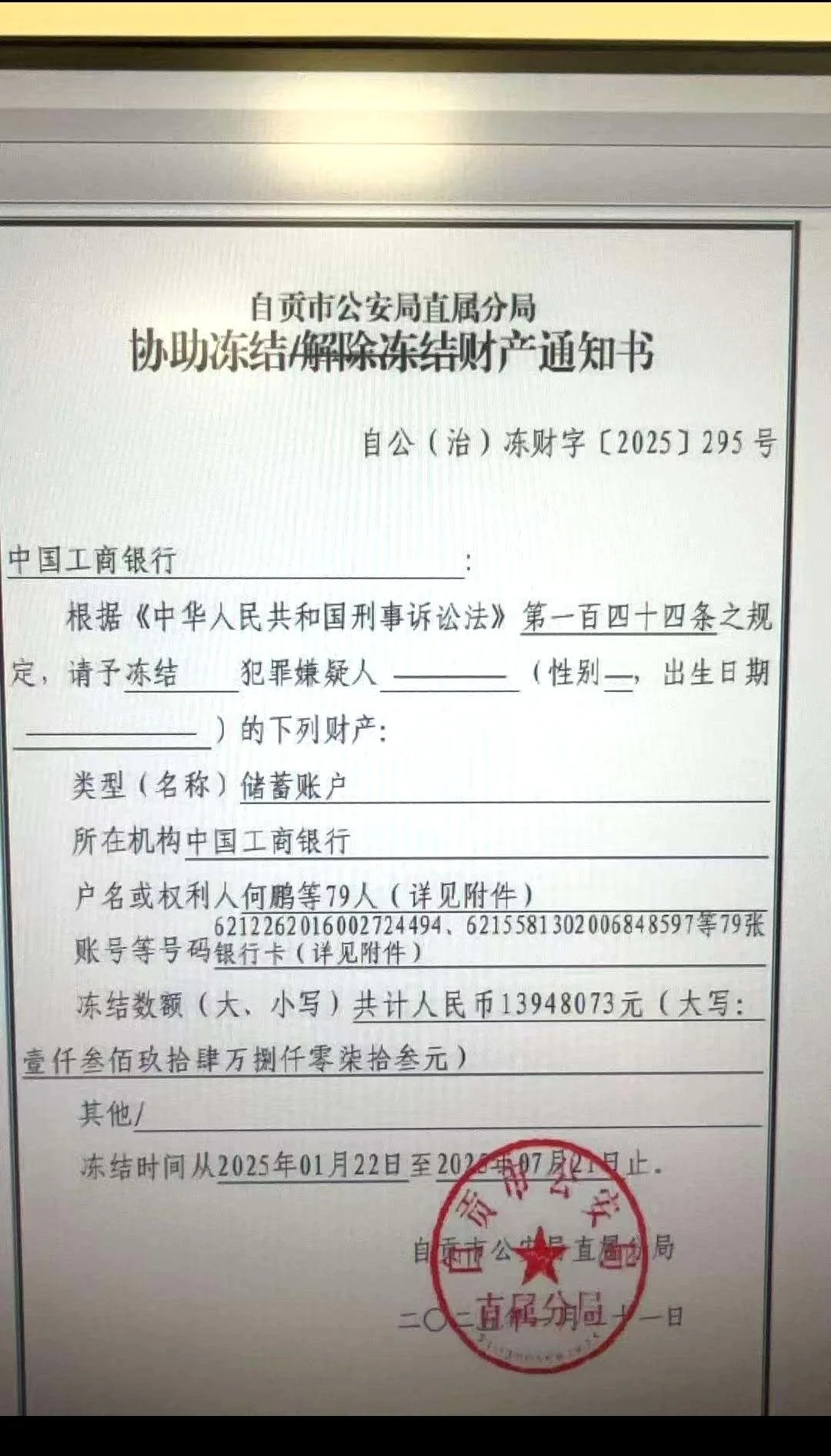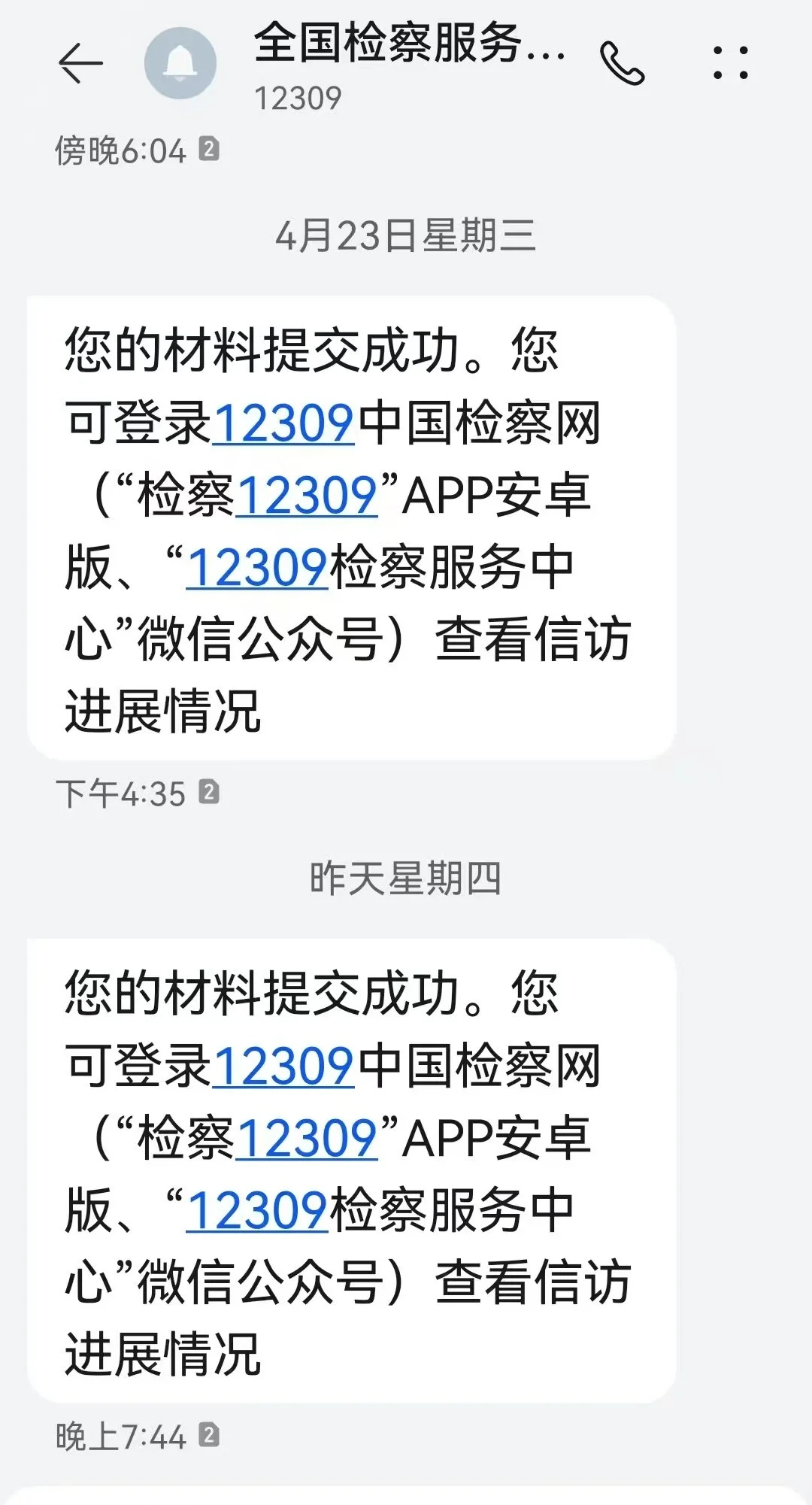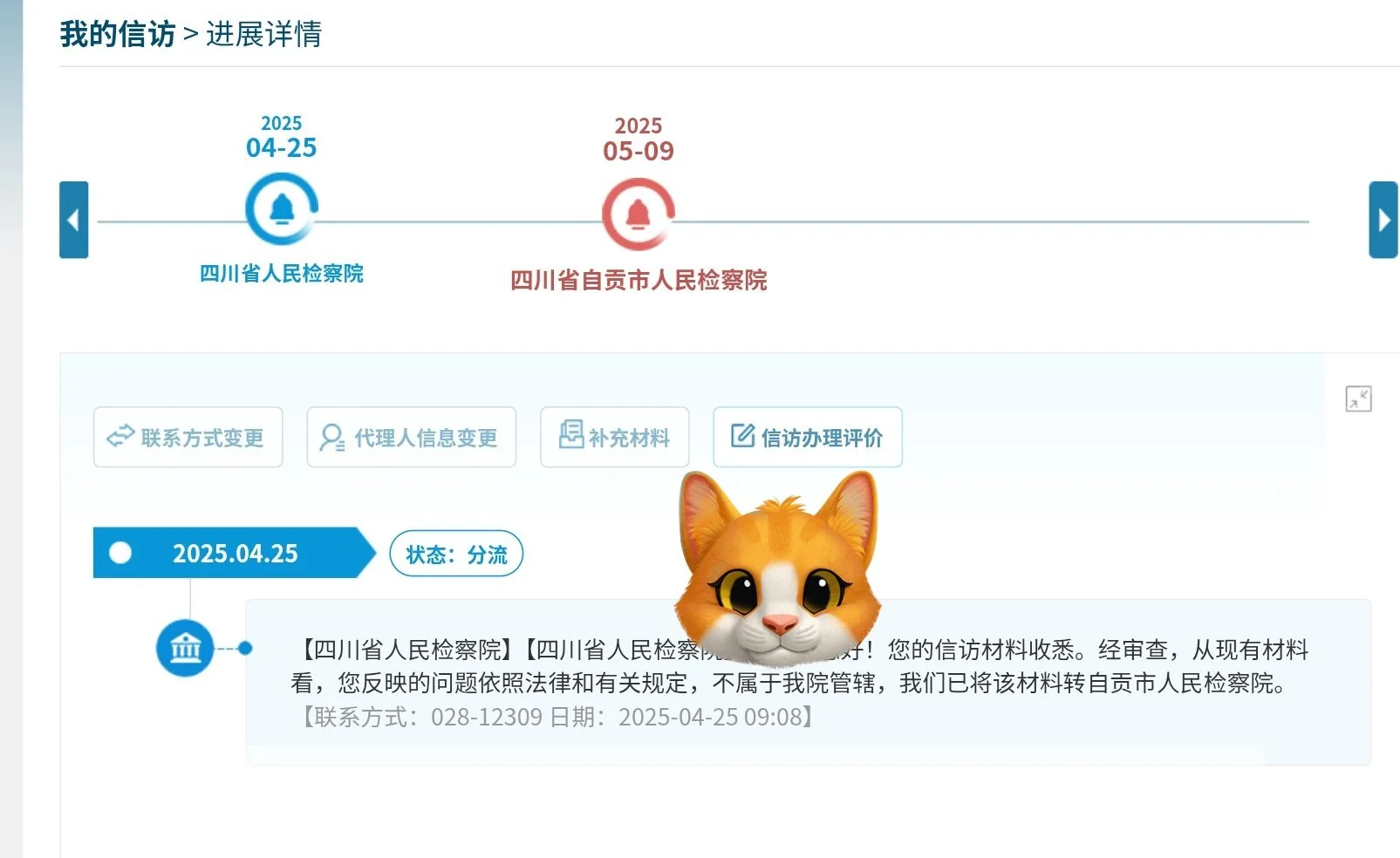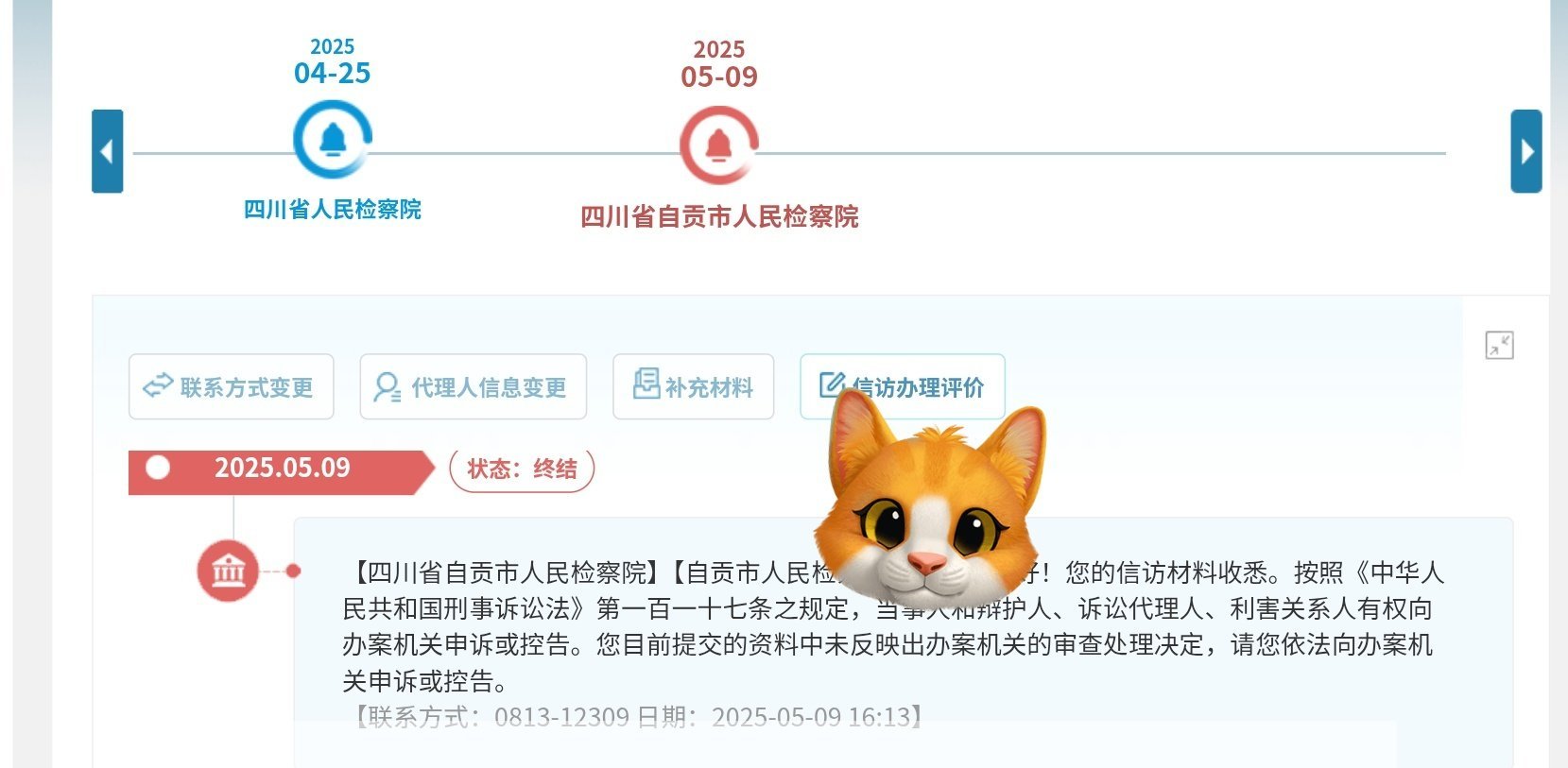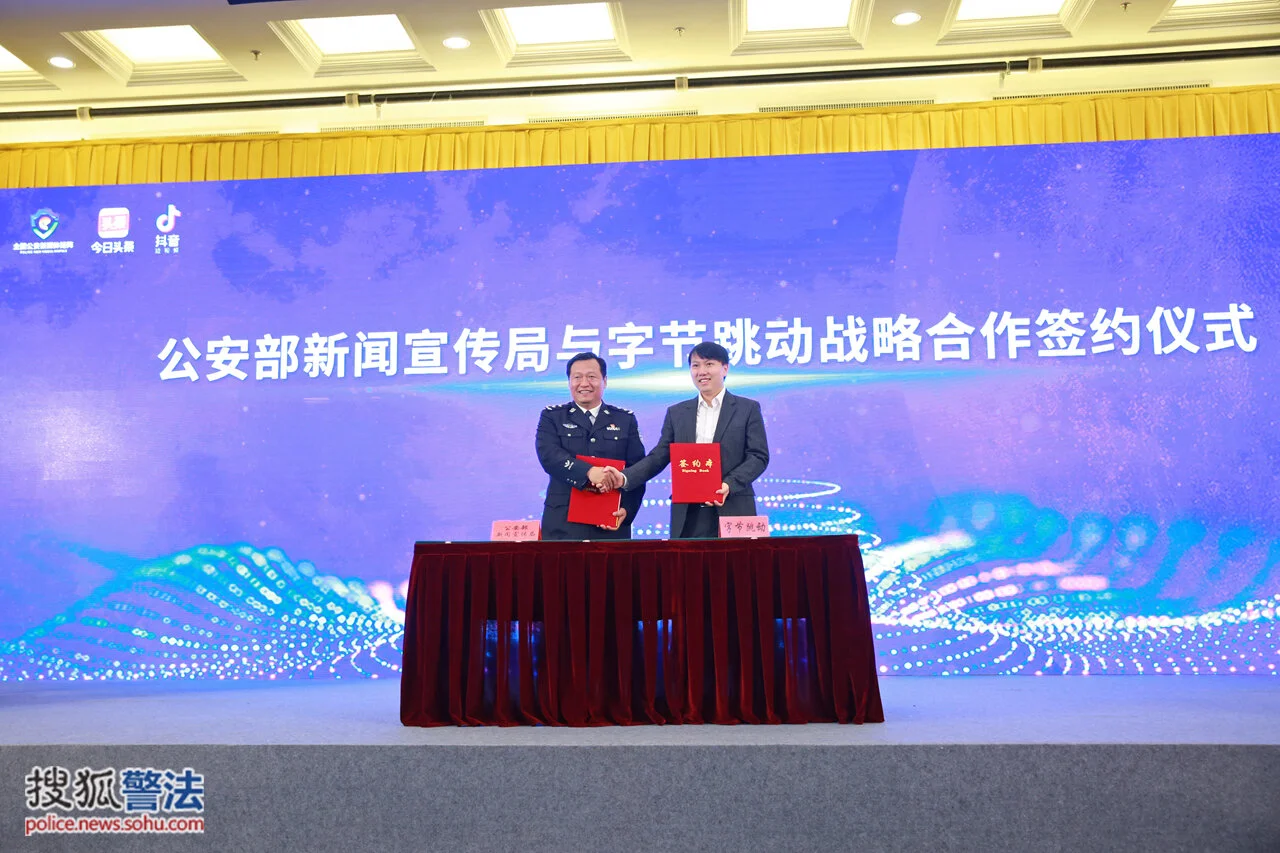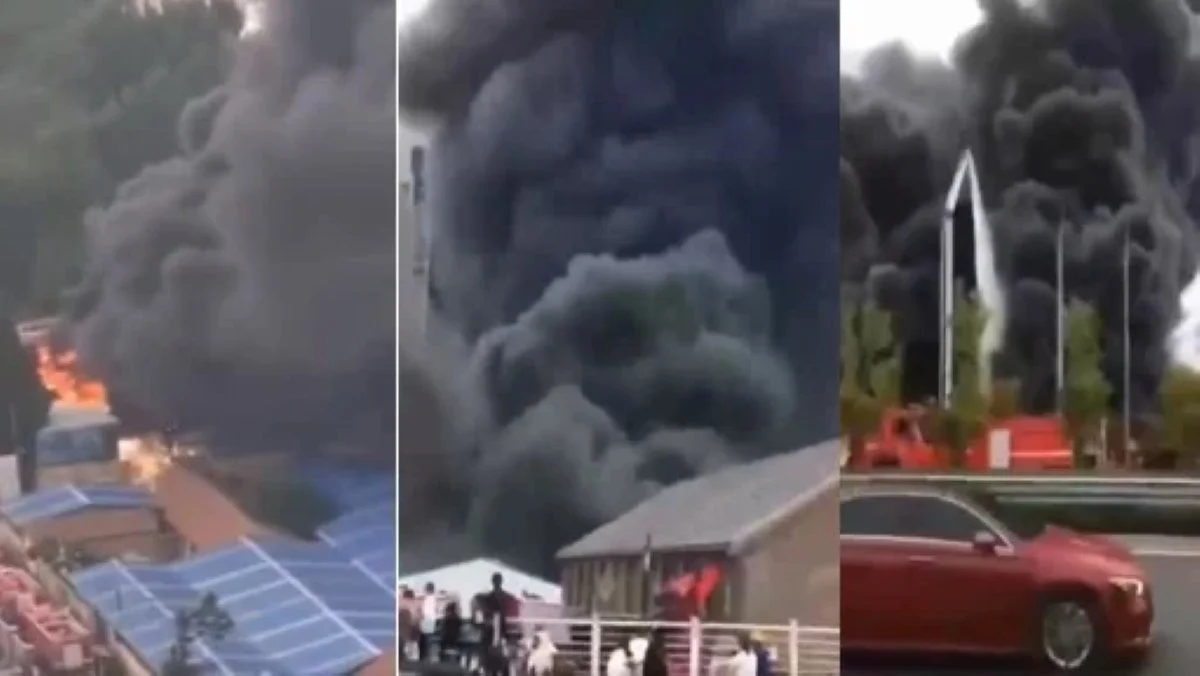Exclusive: Sichuan Zigong Police Illegally Freeze Bank Accounts Across Provinces, Victims Call It “Robbery”
The shameless “deep-sea fishing” tactics of the Chinese Communist Party (CCP) police seem to have expanded to target ordinary Chinese citizens with bank deposits.
According to an exclusive revelation from a victim whose bank card was frozen, the Zigong City Public Security Bureau in Sichuan Province illegally froze the savings accounts of 79 individuals without any evidence or legal basis, and without notifying the victims. The total frozen amount is approximately 14 million yuan($1.95 million).
“Property Freeze Assistance Notice” [2025] No. 346 issued by Zigong Public Security.
The whistleblower provided two “Property Freeze Assistance Notices” issued by the Zigong City Public Security Bureau, which cited Article 144 of the Criminal Procedure Law of the People’s Republic of China. These notices directed the Industrial and Commercial Bank of China (ICBC) to freeze nearly 14 million yuan in deposits belonging to He Peng and 78 others. The freeze periods are from January 22, 2025, to July 21, 2025, and from July 20, 2025, to January 19, 2026.
“Property Freeze Assistance Notice” [2025] No. 295 issued by Zigong Public Security.
The whistleblower stated that many of the affected account holders were not informed of the initial freeze or its extension. They only discovered the issue when they were unable to withdraw money and learned through their banks that the police were responsible. Moreover, the 79 affected individuals are scattered across multiple provinces, and most are not Zigong residents, nor were their bank accounts opened in Zigong.
When victims contacted the Zigong police for clarification, the authorities claimed the accounts were frozen because they were “suspected” of receiving funds linked to telecom fraud or gambling, with amounts ranging from a few hundred to tens of thousands of yuan. To unfreeze their accounts, victims were told they must prove the legitimacy of the frozen funds’ sources.
When victims requested relevant judicial documents or legal grounds, their requests were denied. The two “Property Freeze Assistance Notices” were obtained through the bank.
The whistleblower further stated that the police provided no evidence to prove that the funds in the 79 accounts were illegal. Since the accounts were frozen in January this year, the Zigong police have not proactively contacted the 79 individuals to inquire about the sources of their funds. In response to one victim’s inquiry, the Zigong police said they relied on “past case-handling experience” to assume the funds were problematic, thus freezing them. They required the 79 individuals to clarify the sources of their funds, while the police refused to conduct their own investigations.
The whistleblower also noted that one victim contacted their local bank where their account was opened. The bank confirmed that this victim was not listed by local police as a suspect in telecom fraud or gambling, nor were they on any bank account blacklist or listed as a defaulter. The freeze request was submitted by the Zigong police to ICBC’s headquarters, which then instructed the local ICBC branch to comply.
In addition, the local police in the areas where the account holders reside were unaware of the Sichuan police’s decision to freeze the cards, as Sichuan authorities had not issued any request for assistance or notification.
The whistleblower stated that some victims had merely received legitimate overseas remittances but were baselessly suspected of telecom fraud or gambling by the police. Without investigation or inquiry, their accounts were frozen across provinces. If this continues, the whistleblower asked, wouldn’t every Chinese person’s savings be unsafe, no matter where they are?
The whistleblower believes this is a tactic driven by financial troubles in Sichuan Province, targeting ordinary depositors for “deep-sea fishing” to ultimately seize their funds.
In China, the term “deep-sea fishing” (远洋捕捞) is a sarcastic metaphor used by citizens to describe police or authorities casting a wide net to seize assets or target individuals far outside their own jurisdiction—often without evidence, due process, or proper notification. Just like industrial fishing vessels trawling the open ocean, this tactic indiscriminately “catches” large numbers of people or funds, many of whom have no actual connection to any alleged crime. Critics see it as an abuse of power and a form of arbitrary asset seizure.
The whistleblower learned that the officers handling this case are Rong Jie (荣杰) and Cheng Tian (程添 )from the Economic Crime Investigation Bureau of the Zigong City Public Security Bureau.
The whistleblower considers the Zigong police’s actions—freezing funds without evidence, based solely on “past case-handling experience,” without filing a case or notifying the parties, and requiring victims to prove their innocence—unreasonable and illegal. As a result, he reported the Zigong police’s actions to the Supreme People’s Procuratorate of China and the Sichuan Provincial Procuratorate. The Sichuan Provincial Procuratorate forwarded the complaint to the Zigong City Procuratorate, which responded, “The materials you submitted do not reflect a review and handling decision by the investigating authority. Please, in accordance with the law, file a complaint or accusation with the investigating authority.”
Receipt of the victim’s complaint submission to the Supreme People’s Procuratorate of China.
Sichuan Provincial Procuratorate forwarded the victim’s complaint materials to the Zigong City Procuratorate.
The whistleblower noted that the Zigong Procuratorate’s website only provides a few fields for submission and allows only one piece of evidence to be uploaded. Yet, they claimed his materials were incomplete and refused to accept the case, clearly shielding the Zigong police.
Zigong City Procuratorate’s response to the victim’s complaint:“The materials you submitted do not reflect a review and handling decision by the investigating authority. Please, in accordance with the law, file a complaint or accusation with the investigating authority.”
Complaints to the Ministry of Public Security yielded similar results. The complaint was sent from the Ministry to the Sichuan Provincial Public Security Department, which then referred it back to the Zigong police for self-review, resulting in no resolution.
The whistleblower stated that some victims are retirees whose frozen funds are their daily savings. The Zigong police’s cross-provincial actions have caused significant distress and hardship for the victims, with no hope of resolution through the CCP’s legal system. Their last hope lies in media exposure.
8/8/2025
On March 29, 2024, the Zigong City Public Security Bureau held the 2024 Citywide Public Security Political Work Conference.
